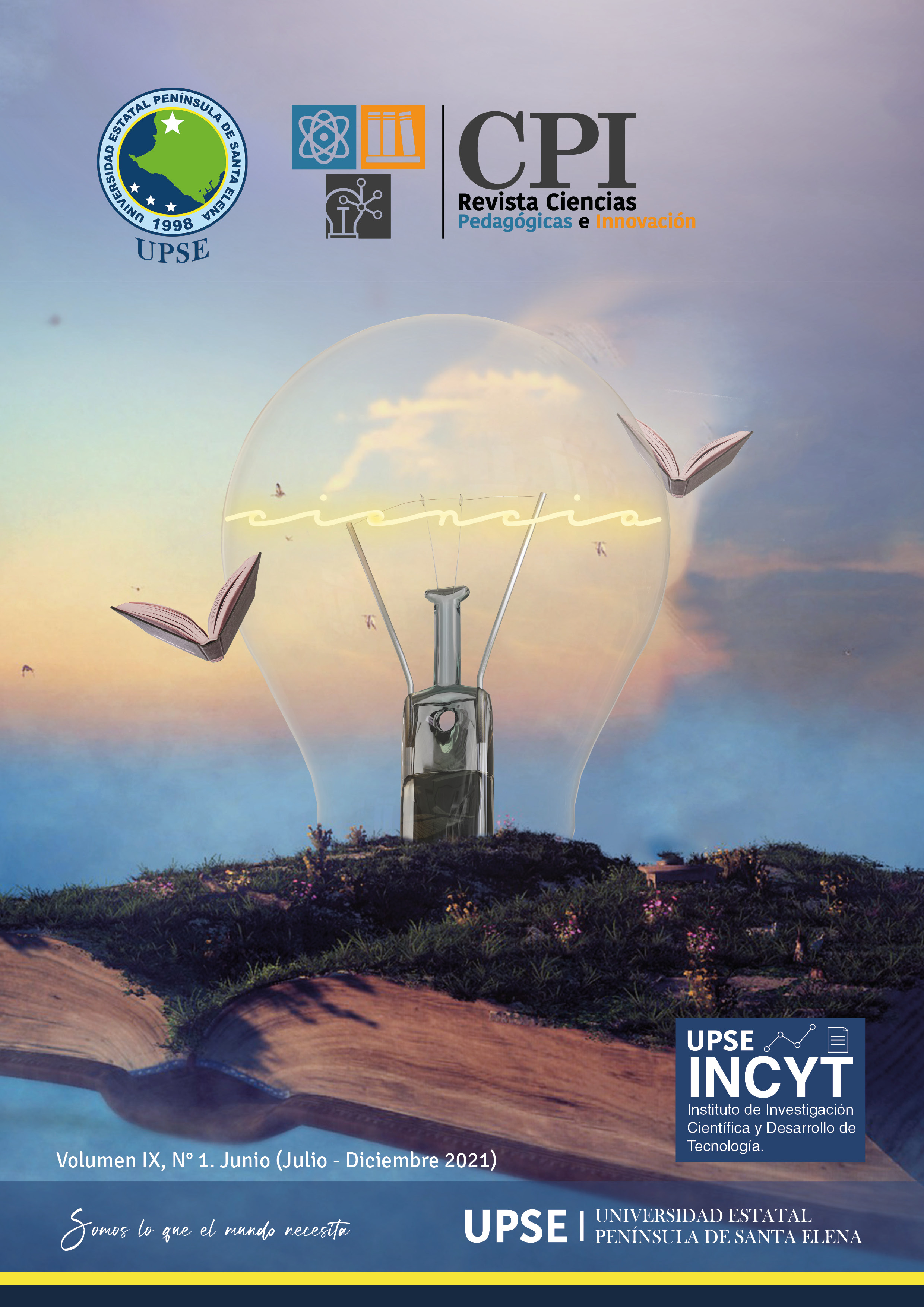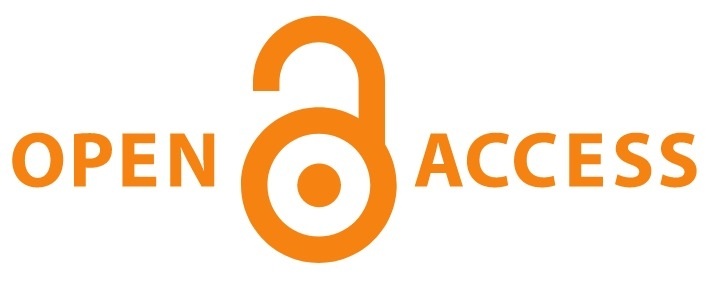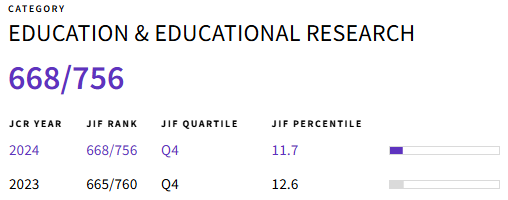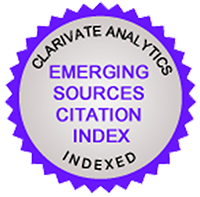Cooperative Learning and Academic Performance in Language and Literature
DOI:
https://doi.org/10.26423/rcpi.v9i1.399Keywords:
Cooperative learning, academic performance, individual and group responsibilityAbstract
Cooperative learning is related to group discussion, mutual support and the solution of common problems, which could stimulate the academic performance of students. From there, it is necessary to determine the incidence of cooperative learning in the academic performance of tenth grade students, from the “Cristo Rey” Educational Unit, in the city of Portoviejo, province of Manabí. The research was non-experimental with a cross-sectional design as it collected data in a month, it is correlational because it establishes the relationship between cooperative learning and academic performance. To collect data, a survey and an observation guide were applied to students in the Language and Literature class and an interview with the teachers. The study population consisted of 163 students and 12 teachers from which a sample of 71 students and 6 teachers was selected, randomly chosen by applying randomized structured surveys. The main results of the study are: the groups make proposals for improvement, there is group feedback, there is acceptance for working with other colleagues and individual responsibility is put into practice. It is concluded that cooperative learning has a significant impact on academic performance because they improve the skills and knowledge of students, as well as their social skills.
Downloads
References
Morales, M. L., García, M. O., Torres, R. A., & Lebrija, T. A. Habilidades Cognitivas a través de la Estrategia de Aprendizaje Cooperativo y Perfeccionamiento Epistemológico en Matemática de Estudiantes de Pimer Año de la UNiversidad. Estudiantes de Primer Año UniversidFormación universitaria, 11(2), 45 - 56. doi: https://dx.doi.org/10.4067/S0718-50062018000200045/2018
Lobato, F. C. Hacia una comprensión del aprendizaje cooperativo. Revista de Psicodidáctica (4), 59-76. Obtenido de https://www.redalyc.org/pdf/175/17517797004.pdf/1997
Goikoetxea, E. y. Aprendizaje cooperativo: Bases teóricas y hallazgos empíricos que explican su eficacia. Educación XXI, 227-247. Obtenido de https://www.redalyc.org/articulo.oa?id=706/70600512/2002
Lamas, H. A. Sobre el rendimiento escolar. Propósitos y Representaciones, 3(1), 313-386. Doi: http://dx.doi.org/10.20511/pyr2015.v3n1.74/2015
Johnson, D. El aprendizaje cooperativo en el aula. Barcelona: Paidós España.2006
Chilca, A. M. Autoestima, hábitos de estudio y rendimiento académico en estudiantes universitarios. Propósitos y Representaciones, 5(1), 71 -127. doi: http://dx.doi.org/10.20511/pyr2017.v5n1.145/2017
Parra, C. M. Rendimiento académico de los estudiantes de semestre de Pregrado de la Facultad de Ingeniería de la Universidad de Antioquia cohorte 2012 -2. Universidad Tecnológica de Panamá. Obtenido de http://bibliotecadigital.udea.edu.co/bitstream/10495/7738/1/ParraCarlos_2013_rendimientoacademicoprimersemestre.pdf/2016
Callacando, M. M., & Yunga, L. J. Repositorio Digital. Obtenido de Repositorio Digital: http://www.dspace.uce.edu.ec/handle/25000/18212/2019
Ley Orgánica de Educación Intercultural. Ministerio de educación.Obtenido de https://educación.gob.ec/documentos-legales-y normativos/30 de 12 de 2016
PUJOLÀS, M. P. Nueve ideas clave. El aprendizaje cooperativo. Barcelona: Grao.España.2008
Johnson, D. W. El aprendizaje cooperativo en el aula.Buenos Aires: Editorial Paidós Educador.Argentina. 1999.
Downloads
Published
Issue
Section
License
El titular de los derechos de autor de la obra, otorga derechos de uso a los lectores mediante la licencia Creative Commons Atribución-NoComercial-CompartirIgual 4.0 Internacional. Esto permite el acceso gratuito inmediato a la obra y permite a cualquier usuario leer, descargar, copiar, distribuir, imprimir, buscar o vincular a los textos completos de los artículos, rastrearlos para su indexación, pasarlos como datos al software o usarlos para cualquier otro propósito legal.
Cuando la obra es aprobada y aceptada para su publicación, los autores conservan los derechos de autor sin restricciones, cediendo únicamente los derechos de reproducción, distribución para su explotación en formato de papel, así como en cualquier otro soporte magnético, óptico y digital.

















